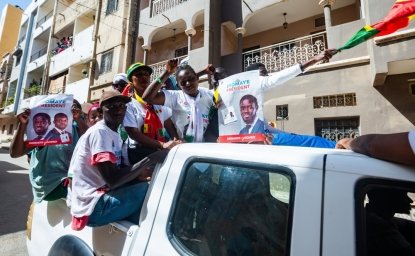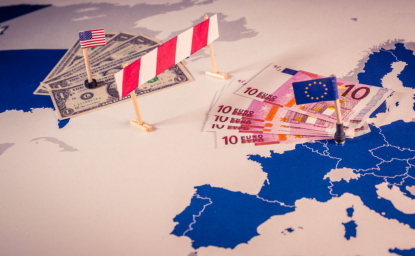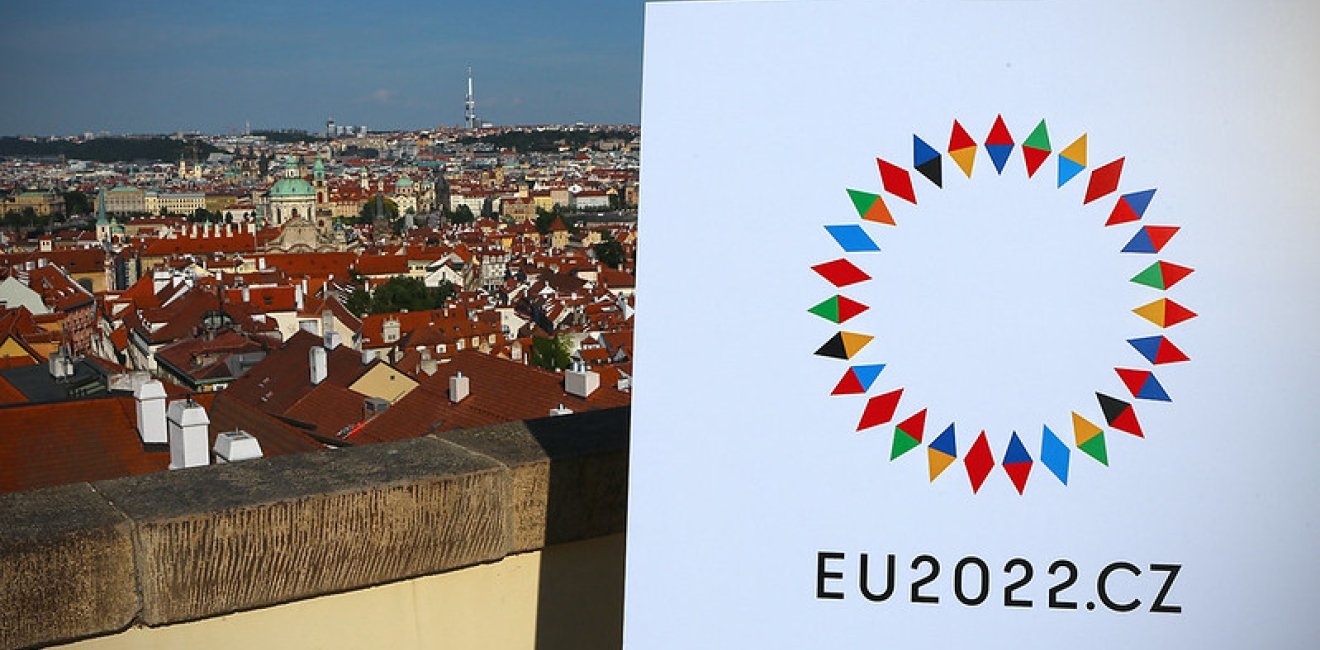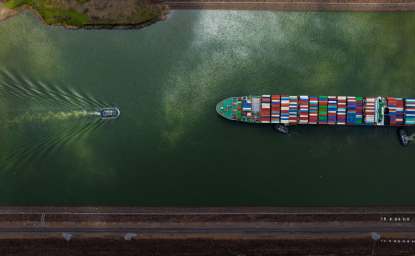At the 1996 Charlemagne Prize ceremonial in Aachen, then-Czech President Václav Havel called on Europe to cast aside its history of domination and conquest and turn inwards to lead by example through the continent’s unity, prosperity, and capacity for coexistence in the new multipolar and multicultural world.
With Europe again embroiled in conflict after Russia’s invasion of Ukraine, the Czech presidency to the Council of the European Union has looked back to Havel’s vision for inspiration and adopted the motto “Europe as a Task” — derived from the very same speech twenty-six years ago. The Czech Republic’s presidency beginning July 1 hopes to follow Havel’s words to “rethink, rebuild, and repower” Europe. This includes ensuring security and peace on the continent, pushing forward the green and digital transition, and dealing with the immediate and long-term economic and humanitarian crises caused by the Russian invasion of Ukraine.
In its role in the presidency, the Czech Republic will set the agenda of the Council of the European Union. The Czech leadership will plan and chair meetings in the Council, represent the Council in its relations with the European Commission and Parliament (with which it shares the power to amend and veto legislation proposed by the Commission), and organize a policy-driven, thematic program for the course of its presidency.
Also important to note is the Council presidency’s system of “presidency trios”. Since many of the agendas proposed by a presidency are long-term and require significant cooperation and deal brokering between Member States, presidencies cooperate in trios, with Czechia making up the middle of a trio with France preceding it and Sweden next. The outgoing French presidency as outlined by French President Emmanuel Macron has focused on European ecological and digital transition and increasing the presence of the European Union as a sovereign actor on the world stage.
The Russian invasion of now-candidate to the EU, Ukraine, has changed the trajectory of the incoming Czech presidency, placing additional responsibility and opportunity on the Central European nation. At the forefront of Czech priorities is managing the consequences of the Russian war on Ukraine. Working together with the Commission, Member States, organizations and the civil sector, the Czech Presidency will work towards flexible transfers of funds and the creation of structures to provide education, healthcare, and a path for long-term integration for refugees and the reconstruction of now-EU candidate Ukraine.
Vis-à-vis Russia, the Czech Presidency has also outlined energy security and European strategic economic resilience as key parts of its priorities. The Czech Presidency’s energy security goal will focus on reducing dependence on Russian gas, oil, and coal through both the diversification of energy sources as outlined by REPowerEU and the continued decarbonization of EU industry through the Fit for 55 program to reduce greenhouse gasses. The Czech Presidency will also put an increased emphasis on energy efficiency, renewable energy, and the development of a clean Trans-European Transport Network, while also balancing the negative impact of energy pricing on European citizens.
A key part of energy resilience also includes economic resilience against inflation and global market volatility. The Czech Presidency has outlined goals to stabilize supply chains through competitive production within the EU and deepening transatlantic cooperation using the framework of the EU-US Trade and Technology Council (TTC). The Czech plan includes supporting EU investment policies towards deepening the internal market, especially in digital services and employment, while also promoting an efficient and fair data market. Also listed was the creation of a European Digital Identity Wallet, a pan-European tool to securely prove a citizen’s identity.
Following the Czech Vice-President of the European Commission for Values and Transparency Věra Jourová’s role in promoting increased digital privacy rights and combating disinformation, the Czech Presidency has also outlined an expansion of European digital markets, while also strengthening Europe’s defense and cybersecurity capabilities.
The building of defense capabilities as outlined by the Presidency includes investment in critical technologies, ensuring supply chains, and the implementation of key topics in cooperation with NATO and the previously outlined EU Strategic Compass. The Presidency will also improve the cybersecurity and digital resilience of EU institutions and agencies through the rapid development of the EU Hybrid Toolbox to combat digital threats.
Finally, the Czech Presidency plans to focus on improving European civil society through increasing transparency of influential institutions, ensuring independence of mass media, and promoting open dialogue with citizens. This includes continued dialogue with young Europeans through the implementation of the European Year of Youth, continuing the work of the Conference on the Future of Europe to provide a space for young people to participate in EU policy. The Presidency also aims to level the playing field of civil society by pushing human-centric global approaches in the digital environment that ensure fundamental rights and freedoms — primarily through passing the proposed Artifical Intelligence Act to effectively regulate the implementation of emergent AI in business and society as well as through continuing the work of the General Data Protection Regulation (GDPR) in protecting Europeans’ privacy online. It will also implement the European Action Plan on Human Rights and Democracy to strengthen civil society and independent media internationally.
The Czech Presidency to the Council of the European Union provides a unique opportunity for the Czech Republic to steer the future of Europe in both facing the threat of Russian aggression and continuing in pushing Europe forward in its green and digital transformation. To quote Václav Havel, “Vision is not enough, it must be combined with venture. It is not enough to stare up the steps, we must step up the stairs.”
Author


Global Europe Program
The Global Europe Program is focused on Europe’s capabilities, and how it engages on critical global issues. We investigate European approaches to critical global issues. We examine Europe’s relations with Russia and Eurasia, China and the Indo-Pacific, the Middle East and Africa. Our initiatives include “Ukraine in Europe”—an examination of what it will take to make Ukraine’s European future a reality. But we also examine the role of NATO, the European Union and the OSCE, Europe’s energy security, transatlantic trade disputes, and challenges to democracy. The Global Europe Program’s staff, scholars-in-residence, and Global Fellows participate in seminars, policy study groups, and international conferences to provide analytical recommendations to policy makers and the media. Read more

Explore More
Browse Insights & Analysis
Africa Year In Review 2024: From Headlines to Trendlines





